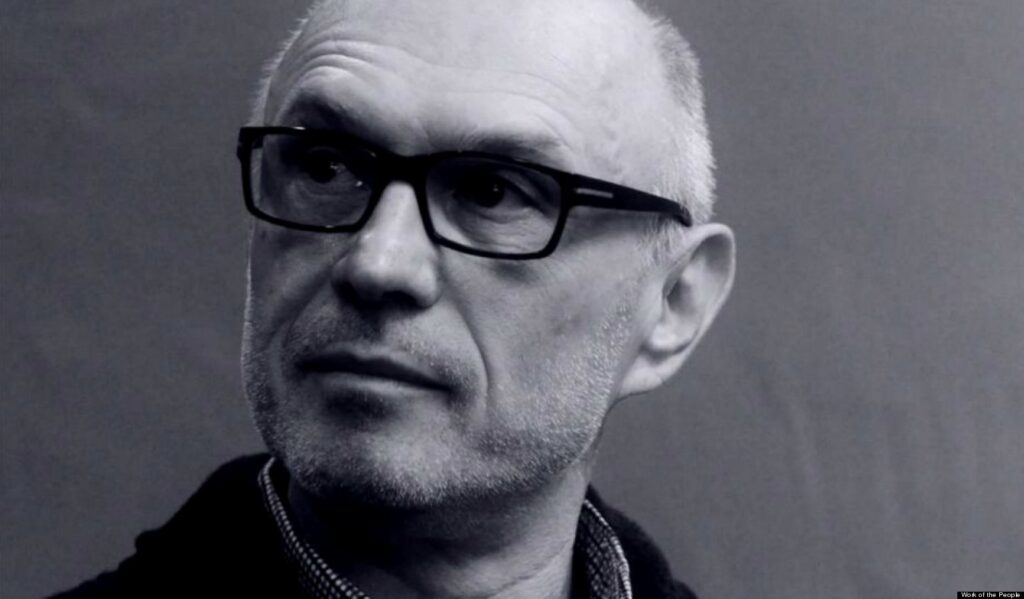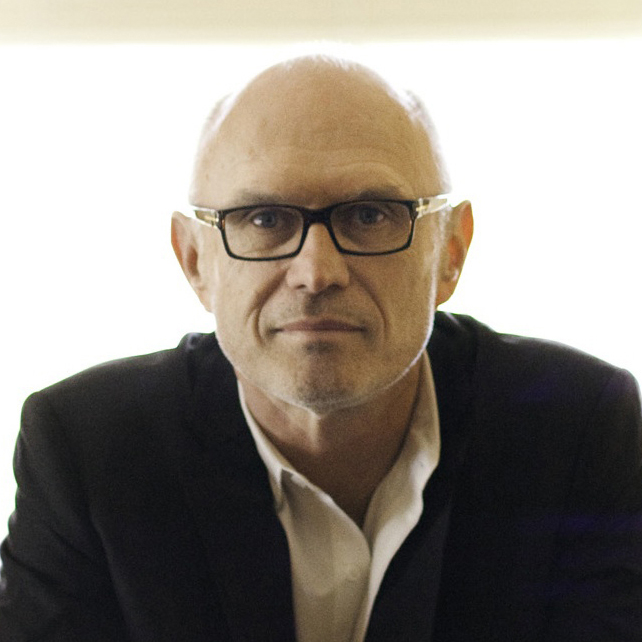 Well-known scholar, theologian and public intellectual Miroslav Volf, the Henry B. Wright Professor of Systematic Theology at Yale University, will offer his perspective on the legacy of the Reformation and its 500th anniversary in a lecture entitled, “Memory and Reconciliation” at Concordia Seminary’s fifth annual Reformation500 speaker series at 7 p.m. April 11, 2016, in Werner Auditorium.
Well-known scholar, theologian and public intellectual Miroslav Volf, the Henry B. Wright Professor of Systematic Theology at Yale University, will offer his perspective on the legacy of the Reformation and its 500th anniversary in a lecture entitled, “Memory and Reconciliation” at Concordia Seminary’s fifth annual Reformation500 speaker series at 7 p.m. April 11, 2016, in Werner Auditorium.
Volf is the founding director of the Yale Center for Faith & Culture. He has authored numerous books, including A Public Faith: How Followers of Christ Should Serve the Common Good (2011); Captive to the Word of God: Engaging the Scriptures for Contemporary Theological Reflection(2010); Free of Charge: Giving and Forgiving in a Culture Stripped of Grace (2006), which was the Archbishop of Canterbury Lenten book for 2006; Exclusion and Embrace: A Theological Exploration of Identity, Otherness, and Reconciliation (1996), a winner of the 2002 Grawemeyer Award; and After Our Likeness: The Church as the Image of the Trinity(1998), winner of the Christianity Today book award.
Volf also has received many prestigious lectureships including the Dudleian Lecture at Harvard; the Chavasse Lectures, Oxford; the Waldenstroem Lectures, Stockholm; the Gray Lectures, Duke University; and the Stob Lectures, Calvin College. He has been featured on National Public Radio’s Speaking of Faith and Public Television’s Religion and Ethics NewsWeekly.
The spirit of the Reformation’s teaching on faith is rich theme throughout Volf’s writings:
“Faith is an expression of the fact that we exist so that the infinite God can dwell in us and work through us for the well-being of the whole creation. If faith denies anything, it denies that we are tiny, self-obsessed specks of matter who are reaching for the stars but remain hopelessly nailed to the earth stuck in our own self-absorption. Faith is the first part of the bridge from self-centeredness to generosity.” — Free of Charge: Giving and Forgiving in a Culture Stripped of Grace (2006)
 The Center for Reformation Research and Concordia Seminary began commemorations for the Reformation Quincentenary by sponsoring an annual speaker series aimed at the St. Louis community to offer varying perspectives on the significance of the Reformation. Oswald Bayer began the series in 2012 with “A Public Mystery.” Subsequent years included perspectives from Fr. Jared Wicks, S.J., historian Steven Ozment and Tullian Tchividjian.
The Center for Reformation Research and Concordia Seminary began commemorations for the Reformation Quincentenary by sponsoring an annual speaker series aimed at the St. Louis community to offer varying perspectives on the significance of the Reformation. Oswald Bayer began the series in 2012 with “A Public Mystery.” Subsequent years included perspectives from Fr. Jared Wicks, S.J., historian Steven Ozment and Tullian Tchividjian.
This lecture is free of charge and open to the public. For more information, please contact Continuing Education at 314-505-7486 or email [email protected].


Leave a Reply
You must be logged in to post a comment.